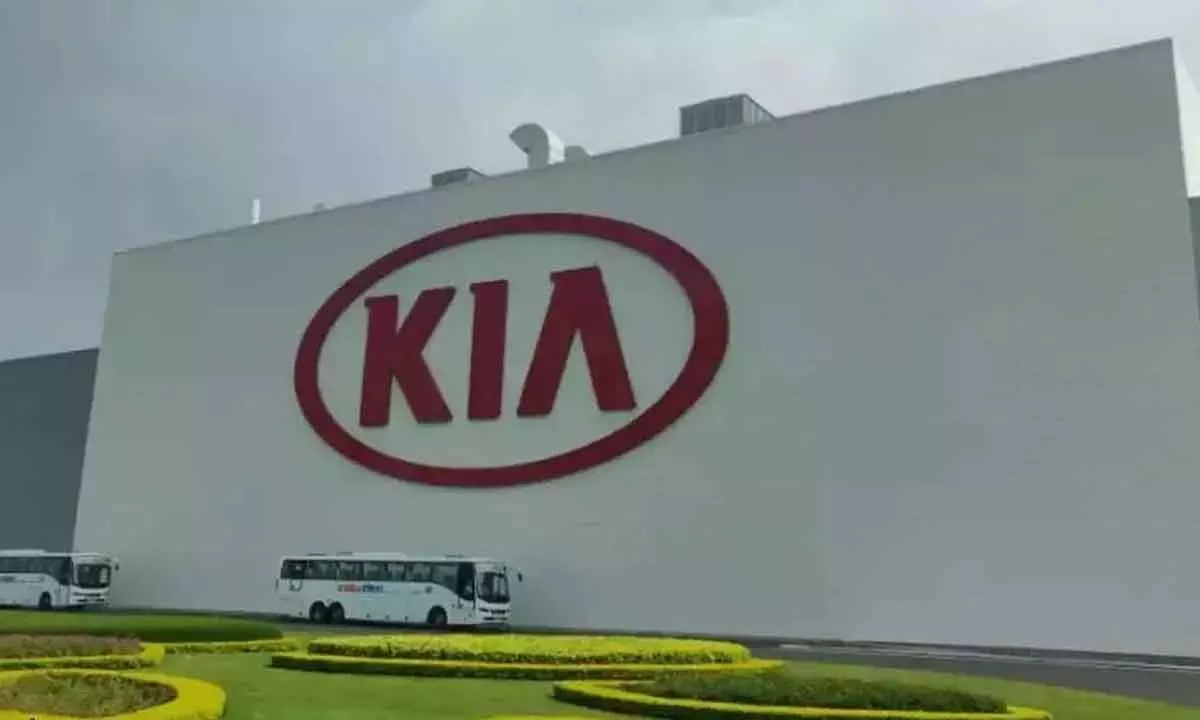
New Delhi, July 29: Electric vehicle (EV) and clean energy startup Simple Energy on Monday announced it has secured $20 million in its Series A funding to scale up local production.
The funding round saw participation from current investors, such as high-net-worth individuals (HNIs) from Haran family office, Dr A Velumani’s family office, Vasavi family office, and the Desai Family office (the promoter group of Apar Industries), among others.
“As the adoption of EVs accelerates significantly in India, we are committed to playing a pivotal role in this burgeoning ecosystem,” said Suhas Rajkumar, Founder and CEO of Simple Energy.
The capital raised will be tactically deployed to bolster “our production capacity and expand our dealership network nationwide,” he added.
The startup aims to achieve a top-line of Rs 150 crore this fiscal.
Founded in 2019, Simple Energy has a motor manufacturing unit within its 200,000 square feet plant located in Shoolagiri, Tamil Nadu.
It offers ‘Simple One’ with 212 kms of certified range and ‘Simple Dot One’ electric two-wheelers with 151 kms of certified range.
Currently in a pilot phase in Bengaluru, the startup has begun deliveries in the city, and is preparing to open dealership stores in other regions.
“With a clear vision and a strategic roadmap mapped out for the next phase of growth, Simple Energy is primed to redefine the landscape of technologically advanced EV two-wheelers in India and beyond,” said Balamurugan Arumugam, Chief Growth Officer at Klarity, an HNI who participated in the round.








